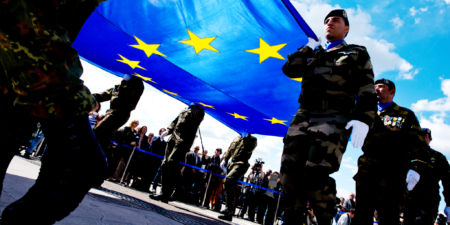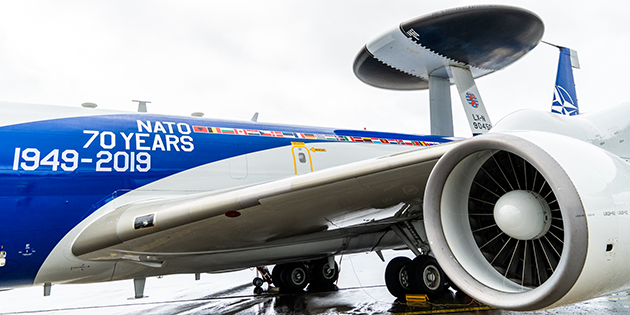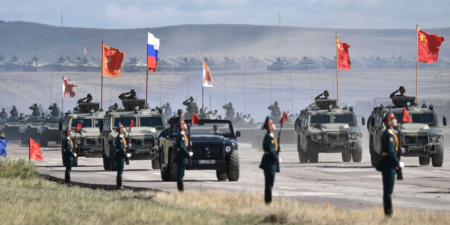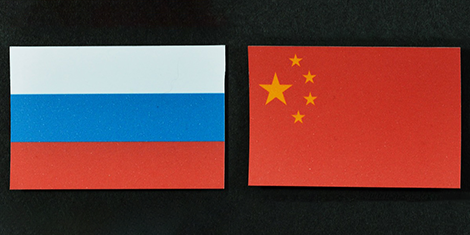
This article was originally published by the Polish Institute of International Affairs (PISM) on 23 January 2020.
Permanent Structured Cooperation (PESCO), launched by the EU in December 2017, has grown quickly. Yet, its role in developing European defence capacity may turn out to be marginal if a compromise is not found on the issue of the participation of non-EU states in PESCO projects and on the size of the European Defence Fund (EDF). PESCO’s importance may be diminished by advances by big, European defence initiatives led outside the EU’s legal framework.




